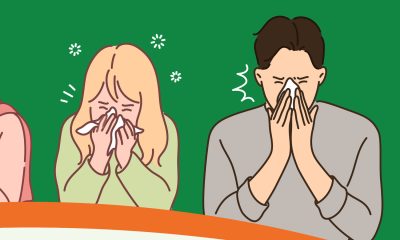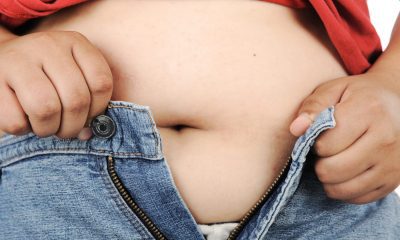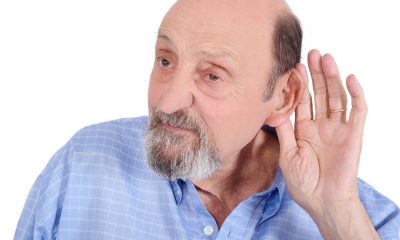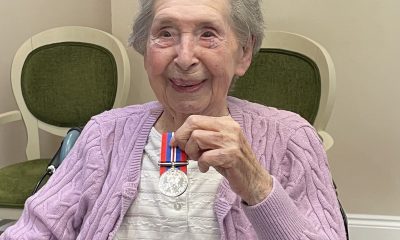How to tell if your kid is getting enough sleep
"Sleep problems in children are routinely linked with lower social competence and more problems in peer relationships."
Stories and infographics by ‘Talker Research’ are available to download & ready to use. Stories and videos by ‘Talker News’ are managed by SWNS. To license content for editorial or commercial use and to see the full scope of SWNS content, please email [email protected] or submit an inquiry via our contact form.

 Parenting1 week ago
Parenting1 week agoSingle mom details struggles of feeding her 12 kids

 Lifestyle1 week ago
Lifestyle1 week agoWoman regrets her tattoo nightmare: ‘It’s horrendous’

 Wildlife3 days ago
Wildlife3 days agoClever elephant returns visitor’s shoe that fell into enclosure

 Good News4 days ago
Good News4 days agoDisabled student takes first steps in 10 years on graduation stage

 Health4 days ago
Health4 days agoNew study reveals ‘old age’ begins later than it used to

 Entertainment1 day ago
Entertainment1 day agoWhat is the perfect movie length?

 Broadcast9 hours ago
Broadcast9 hours agoAre allergies interfering with your social life?

 Travel4 days ago
Travel4 days agoOne-fifth of Americans think about their next vacation while still on vacation























